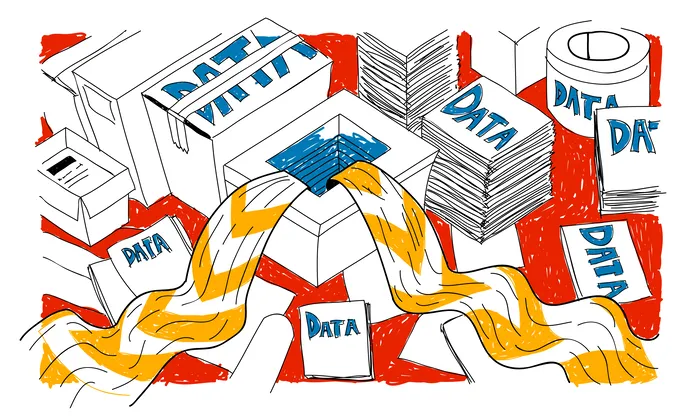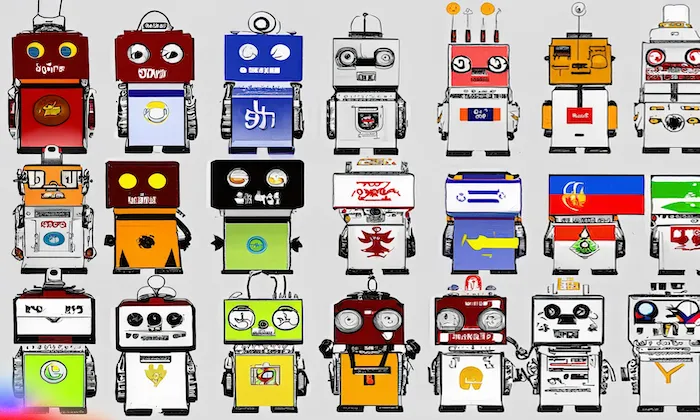Do you offer accent-specific doctor dictation datasets?
Speech AI
Healthcare
Datasets
In today's healthcare landscape, the need for accent-specific doctor dictation datasets is more crucial than ever. These datasets are essential for enhancing the performance of medical speech recognition systems, ensuring that automated processes can accurately interpret various linguistic nuances present in clinical environments. At FutureBeeAI, we specialize in collecting, transcribing, and annotating such datasets, empowering medical ASR systems to accurately process diverse accents.
Significance of Accent-Specific Data in Medical Speech Recognition
- Enhanced Recognition Accuracy: Speech recognition systems often struggle with diverse accents. By training models using accent-specific data, we can significantly improve their accuracy, making these systems more reliable in real-world clinical settings. For example, datasets that incorporate a variety of accents can reduce recognition errors, allowing for smoother integration into electronic medical records (EMR) and other healthcare applications.
- Promoting Inclusivity: In multicultural societies, patients and healthcare professionals may speak with different accents. Using accent-specific datasets ensures that speech recognition systems are inclusive, providing equitable service to all users. This inclusivity is not just a technical advantage but a step towards better patient care.
- Regulatory Compliance: Complying with standards like HIPAA is non-negotiable for medical dictation datasets. Accent-specific datasets support the development of compliant ASR systems that can be safely deployed in diverse healthcare environments.
How Accent-Specific Datasets Work
Accent-specific doctor dictation datasets are developed by capturing clinical voice recordings from licensed clinicians who dictate in their natural speech patterns, reflecting their unique accents. This data collection process involves:
- High-Quality Recordings: We capture audio at a minimum of 16 kHz/16-bit PCM WAV, ensuring clarity and detail. Devices range from smartphone microphones to USB desktop mics, recorded in quiet clinic rooms to maintain high audio fidelity.
- Diverse Contributors: Our datasets span various medical specialties, ensuring broad linguistic representation. Contributors include clinicians from fields like internal medicine, pediatrics, and psychiatry, offering a wide array of language use in clinical settings.
- Detailed Annotation and QA: Each recording undergoes meticulous annotation, capturing spoken words, medical context, and any corrections. FutureBeeAI's dual human review process ensures high transcription accuracy, targeting a word-level accuracy of 98% or higher.
Evaluating Key Trade-offs in Accent-Specific Dataset Development
When developing accent-specific datasets, several trade-offs and considerations must be evaluated:
- Volume vs. Quality: While more data can enhance model training, the quality of recordings and accuracy of annotations are paramount. FutureBeeAI ensures each dataset maintains high standards without compromising on diversity and representation.
- Budget Constraints: Collecting and annotating diverse accent data is resource-intensive. Strategic planning and efficient data acquisition processes are vital to balancing cost and quality.
- Infrastructure Needs: Robust systems for data collection and processing are necessary. FutureBeeAI's Yugo platform offers real-time QA dashboards and compliance tracking, ensuring seamless operations.
Common Insights and Best Practices
- Comprehensive Accent Coverage: Avoiding bias requires capturing a wide range of accents. FutureBeeAI ensures comprehensive coverage to develop unbiased models that cater to diverse linguistic backgrounds.
- Contextual Nuances: Medical dictation includes terminology specific to different specialties. Our datasets incorporate these nuances, ensuring models are trained with realistic and contextually accurate data.
- Rigorous Quality Assurance: High error rates can undermine ASR effectiveness. Our rigorous QA protocols maintain data integrity, ensuring reliable and accurate datasets.
Final Thoughts
Accent-specific doctor dictation datasets play a pivotal role in advancing medical speech recognition technology. By focusing on quality, diversity, and compliance, FutureBeeAI creates datasets that not only boost ASR performance but also foster an inclusive healthcare system. As the demand for sophisticated medical AI solutions grows, the significance of accent-aware datasets will continue to rise, contributing to improved clinical outcomes and patient experiences.
Smart FAQs
Q. How do accent-specific datasets enhance ASR systems?
A. They improve recognition accuracy by training systems on diverse speech patterns, reducing errors, and ensuring effective deployment in clinical settings.
Q. What factors should be considered when collecting these datasets?
A. Key factors include recording quality, diversity in accents and medical specialties, annotation accuracy, and compliance with privacy regulations. Balancing these elements is crucial for developing effective datasets.
What Else Do People Ask?
Related AI Articles
Browse Matching Datasets
Acquiring high-quality AI datasets has never been easier!!!
Get in touch with our AI data expert now!








